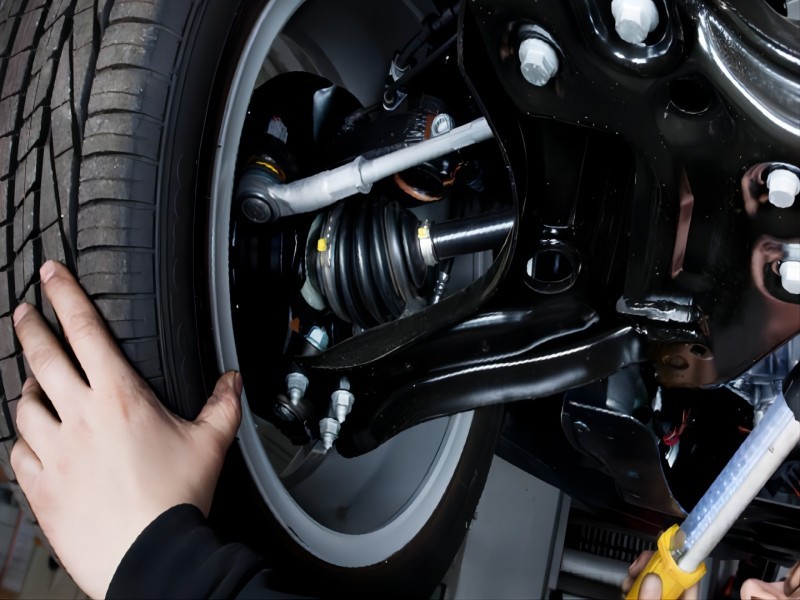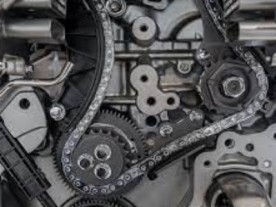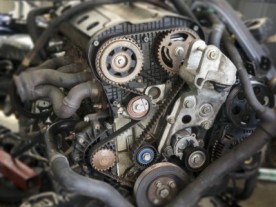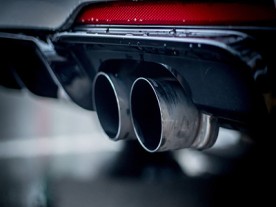Let's analyze and understand the front suspension structure of common cars, the causes and solutions of abnormal noise one by one.
![]()
- Front suspension structure:
The suspension system is divided into two categories according to the form of the guiding mechanism: independent suspension system and non-independent suspension system.
Passenger cars now generally use independent suspension systems.
According to different structural forms, the independent suspension system can be divided into wishbone type, trailing arm type, multi-link type, column type and McPherson type suspension system, etc.
- Working principle
Simply put, the suspension system refers to the entire support system composed of the spring between the body and the tire, the connection between the shock absorber and the frame. The proper function of the suspension system is to support the body and improve the feeling of driving and riding.
- Taking the McPherson suspension system as an example, analyze the causes and solutions of abnormal noise.
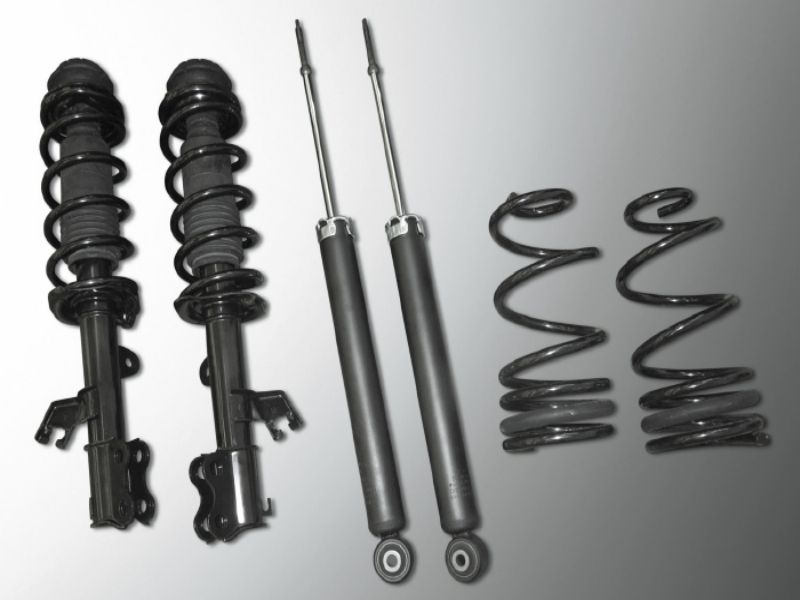
- There is an abnormal squeaking sound when driving on a bumpy road, and the sound disappears after the car is warmed up.
Because the rubber sleeve will become astringent and hard in winter, it is prone to aging, cracks and other phenomena that cause abnormal noise.
Generally, it is the shock-absorbing and dust-proof rubber sleeve or the stabilizer rod rubber sleeve, as well as the buffer block, etc., which need to be replaced or lubricated with butter.
- There is a thumping sound while driving
First, check whether the shock-absorbing top glue has shifted. It is relatively easy for the shock-absorbing top glue to loosen after a long time.
Second, check whether the shock absorber is leaking oil
Third, check whether the shock absorber fails
You can drive the car on a road with poor road conditions for 5-10km and then stop, and touch the shock absorber with your hands. If there is no heat, it means that there is no resistance inside the shock absorber, and the shock absorber is invalid and does not work.
- There is a creaking sound from the suspension when turning the steering wheel: the sound is not crisp.
Exclude other parts such as the outer ball cage or the loose ends of the tie rods.
The most likely causes of failure are:
Whether the plane bearing of the shock absorber is damaged or the installation is not in place, causing abnormal noise.
- Abnormal sound at the bottom of the suspension when accelerating or stepping on the brake:
Generally, there is abnormal noise when stepping on the brakes. Check whether the left and right swing arm screws are loose, whether the rubber sleeve is loose, etc. In addition, if the ball head of the lower swing arm is broken, it will also cause abnormal noise and shaking when the brake is applied. There are also common engine bracket pads, transmission bracket pad damage, etc. Of course, these parts are not included in the suspension list.
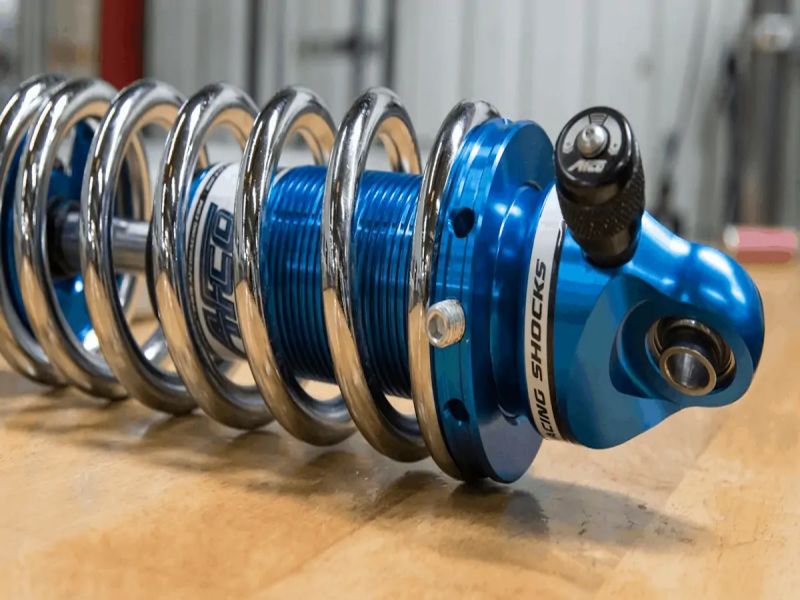
What's the matter with the car's rear-wheel shock absorber creaking through the pit?
The "abnormal noise" of the car chassis under normal circumstances should be called the abnormal noise of the suspension system, mostly from:
A. The connecting balls (joints) are loose, the balance bar (sleeve) is deformed, or the buffer rubber (block) is aging or falling off.
B. Abnormal tire pressure (too high or too low), dynamic balance, etc. may affect "abnormal noise", handling performance or tire noise from itself.
C. The "sound" from the shock absorber. In general, the shock absorber itself rarely makes abnormal noise. Abnormal noise can be caused by oil (hydraulic cartridge type) or oil leakage. However, the "silk" sound produced by the oil when the shock absorber piston moves up and down should not be regarded as "abnormal sound".
D.The "abnormal noise" caused by the buffer rubber blocks of other related parts and the swing (jump) rate of high-speed dynamic balance parts
E. Human factors (errors in operation), such as unreasonable assembly, different strength (elasticity) during assembly, missing (missing) parts, etc.
F. The quality of accessories, one is the expiration of the service life of the accessories, and the other is the quality of the accessories.
G. The connecting parts of the chassis are loose, fall off due to a long time, or the tension is too large (loose), the gap is too large, etc., which may cause abnormal noise.

